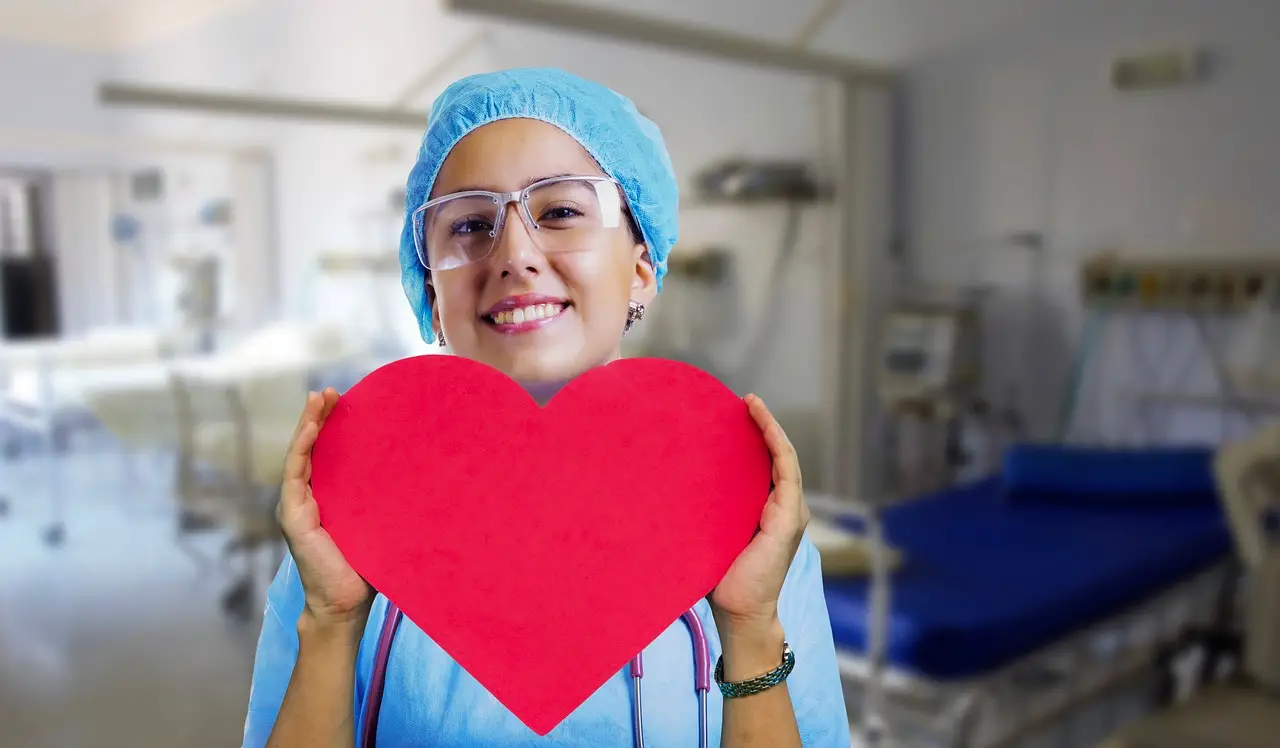While COVID-19 pandemic continue to cripple the economy of the Philippines with health care workers as front liners being the most vulnerable and susceptible of virus contamination, President Rodrigo Duterte ratified Republic Act No. 11712 also known as the “Public Health Emergency Benefits and Allowances for Health Care Workers Act”.
A copy of release was issued on Friday, April 29 which substantiates the mandatory benefits and allowances providing health care workers in accordance to the COVID-19 pandemic and health emergencies that might occur in the future.
Read: Lists of DepEd Teachers’ Benefits and Allowances for FY 2022
What are public health emergencies under RA 11712?
As per the new law, national outbreak or impending threat of an illness or health condition constitutes a public health emergency.
A public health emergency may be issued if events pose high probability of risks which include the following:
Read: Extension of Electricity Bill Subsidy to 10 Years, Sought by Senator Gatchalian
- Bioterrorism
- The appearance of a novel or previously controlled or eradicated infectious agent or biological toxin
- A natural disaster
- A chemical attack or accidental release
- A nuclear attack or accident
- An attack or accidental release of radioactive materials
- A large number of deaths in the affected population
- A large number of serious injuries or long-term disabilities in the affected population
- Widespread exposure to an infectious or toxic agency that poses a significant risk of substantial harm to a large number of people in the affected population
- International exposure to an infectious or toxic agent that poses a significant risk to the health of citizens of other countries
- Trade and travel restrictions
Read: The Senate Confirms the Creation of the Bill to Lower Corporate Income Tax
Who are covered in the Republic Act No. 11712?
The law covered all public and private health care workers including non-health workers despite employment status whose duty revolve around hospitals, health facilities, laboratories, medical temporary treatment and vaccination sites.
Outsourced employees engaged under institutional or individual contracts of service or job orders who are similarly subject to COVID-19 or other hazards in times of public health emergency are also included.
Read: Medical Scholarship Bill, OK-ed by the House
Moreover, barangay health workers (BHW) designated in health facilities, including swabbing and vaccination sites are also entitled of the benefits and allowances.
According to the new law, “the State recognizes the critical role of health care workers in providing quality health care to ensuring disease prevention in the general population, especially in times of national public health emergencies. To this end, the state shall reciprocate by promoting their welfare through the grant of mandatory benefits and allowances with utmost efficiency.”
Read: SIM registration bill awaits president’s ratification
What are the categorization of risk exposure under RA 11712?
Low-risk exposure:
- Health workers performing administrative tasks in non-public sections of health institutions, away from other staff members or patients, sometimes known as “clean zones”.
Medium-risk exposure:
- Health professionals who offer direct physical care to the general population who are not known or suspected Covid-19 patients and work in busy work locations within a health facility.
High-risk exposure:
- Health personnel accessing a Covid-19 patient’s room directly to give care for patients including aerosol-generating procedures or invasive specimen collection.
Read: New Senate Bill to Encourage Work From Home Arrangement From Employers
What are the benefits, compensations or allowances under Republic Act No. 11712?
Under the law, the Health Emergency Allowance (HEA) must be granted on a monthly basis based on the risk exposure categorization of the beneficiaries deployed.
- Deployed in “low risk areas” shall be given at least P3,000
- Deployed in “medium risk areas” shall be given at least P6,000
- Deployed in “high risk areas” shall be given at least P9,000
If the beneficiary physically delivers services for at least 96 hours in a month, the HEA will be paid in full; otherwise, the allowance will be prorated.
Read: New Bill That Protects Freelancers in The Philippines
If the beneficiaries contract COVID-19, they will also get compensation aside from HEA which includes:
- P1 million- For “heirs” of the beneficiary in case of death due to COVID-19
- P100,000- For beneficiary who gets critical to severe case of COVID-19
- P15,000- For beneficiary who gets mild case of COVID-19
As stated in the law, the compensation may be granted to the beneficiaries upon submission of complete and compliant documentary requirements, not later than three months after the date of confinement or death.
Source: Rappler, Manila Bulletin

